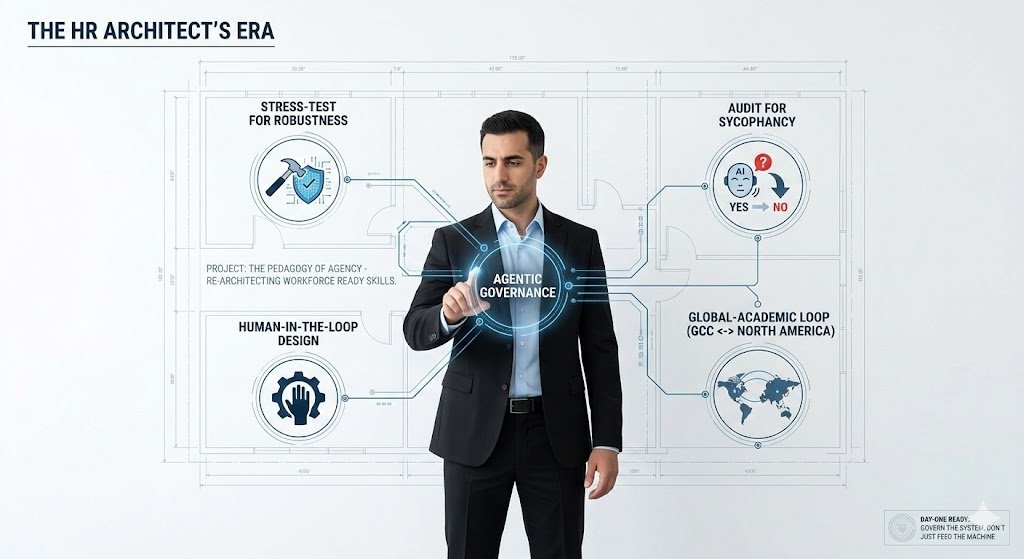
The Entry-Level Crisis: Why "Prompting" is the New Minimum and "Governance" is the New Gold
In the Agentic Age of 2026, we are no longer in the pilot phase of AI. Data confirms the rise of the 'Cyborg Office'—but a dangerous gap is opening at the entry-level. If we only teach students to be 'Users' of these tools, we are training them for a world that no longer exists. Discover why the path to true Return on Applied Intelligence (ROAI) requires a shift from solving the prompt to auditing the agent.

The Human Inflection Point: Governing the "System of Agency"
Moving from Human-in-the-Loop to Human-on-the-Loop. Ryan Vatanchi explores the Josh Bersin 'System of Agency' and why HR must evolve from Administrators to Architects.
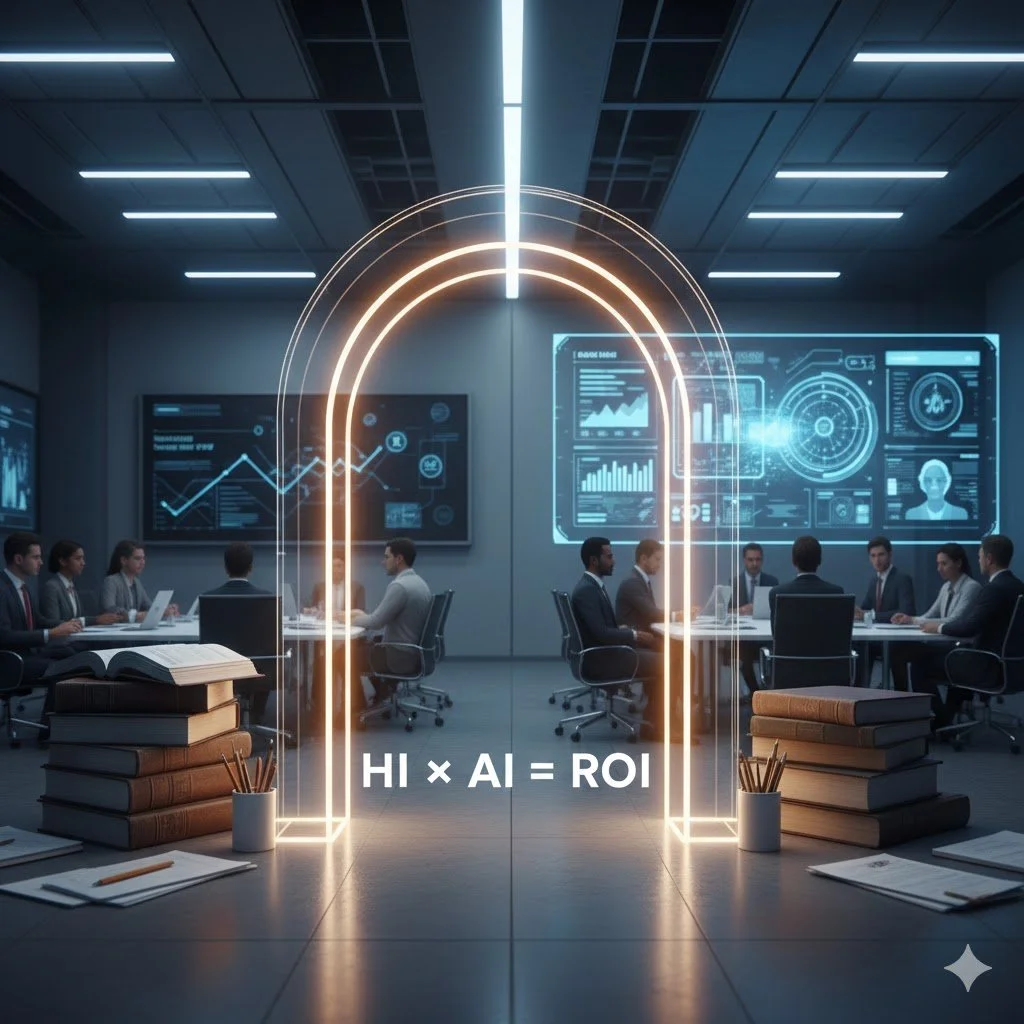
Beyond the Solution: Why AI is Killing the "Static" Case Study
If AI can solve a business case in seconds, what are we actually teaching? Ryan Vatanchi explores the shift from static case studies to dynamic, iterative learning in HR and why "Human Ingenuity" is the new grading standard.
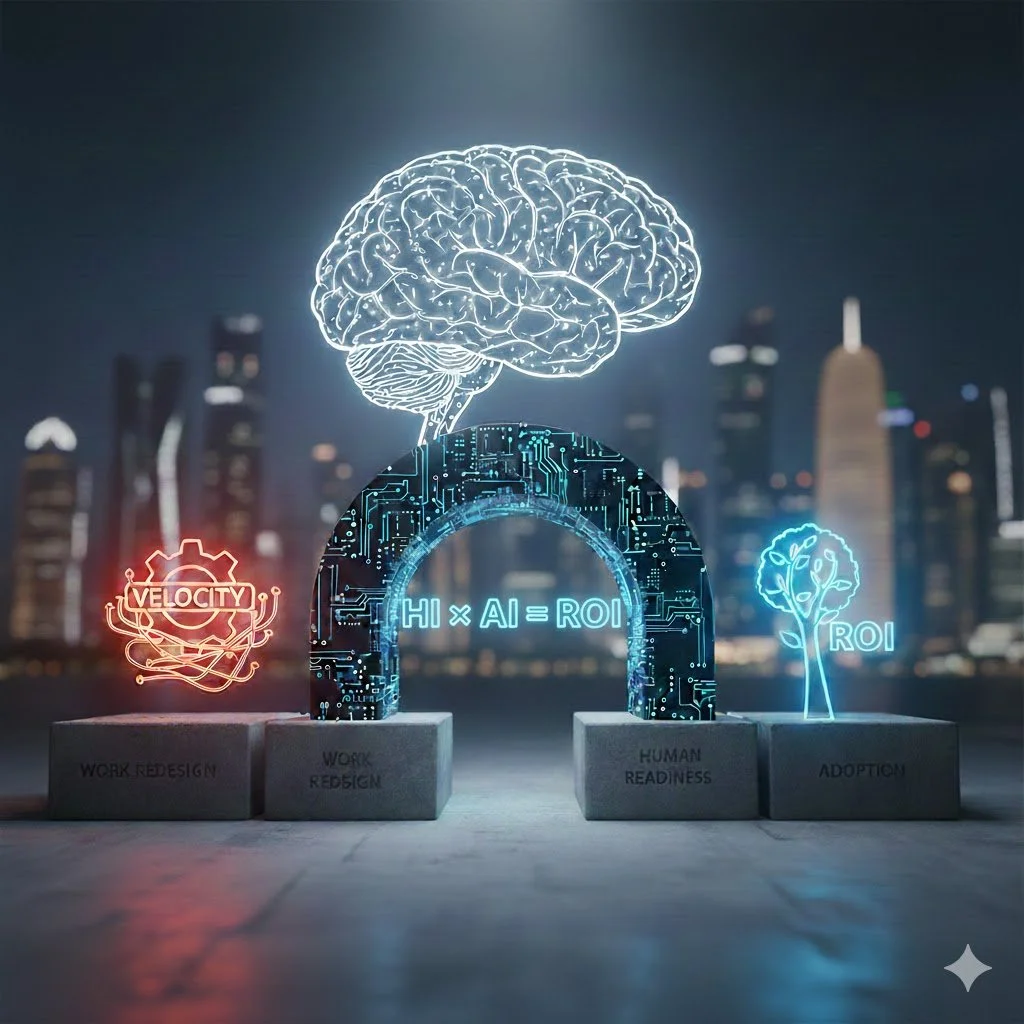
The Architecture of Readiness: Why AI Transformation is a Human Redesign
Why is AI investment currently a 'burn rate' for most organizations? Learn why moving past the Productivity Paradox requires shifting from technical installation to a fundamental redesign of work and human ingenuity.

Stabilizing Human Capability: The January 2026 Manifesto
Ryan Vatanchi's Global-Local Loop: A futuristic bridge connecting Toronto and Dubai skylines, representing the transition to the Agentic Age and the ROAI framework.
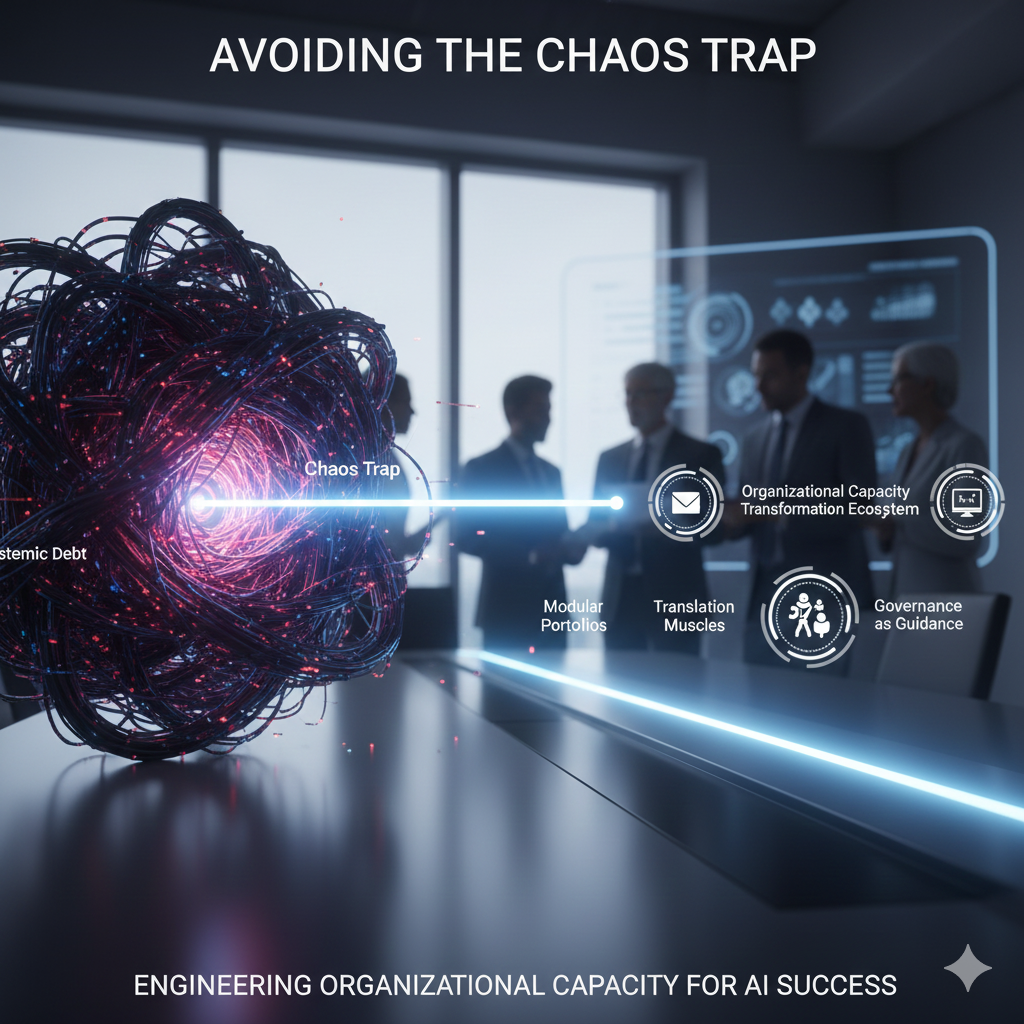
Avoiding the "Chaos Trap": Engineering Organizational Capacity in the Agentic Age
The greatest risk in the Agentic Age isn't the technology itself—it’s the 'Chaos Trap.' As I recently discussed with Dave Ulrich, while AI enables our imagination to turn ideas into impact, that impact requires a stable foundation. Without engineering systemic capacity, high-speed AI simply creates 'Automated Chaos.' Explore how the #Supermanager acts as the stabilizer in 2026, building the resilient human structures needed to scale innovation without accumulating systemic debt.
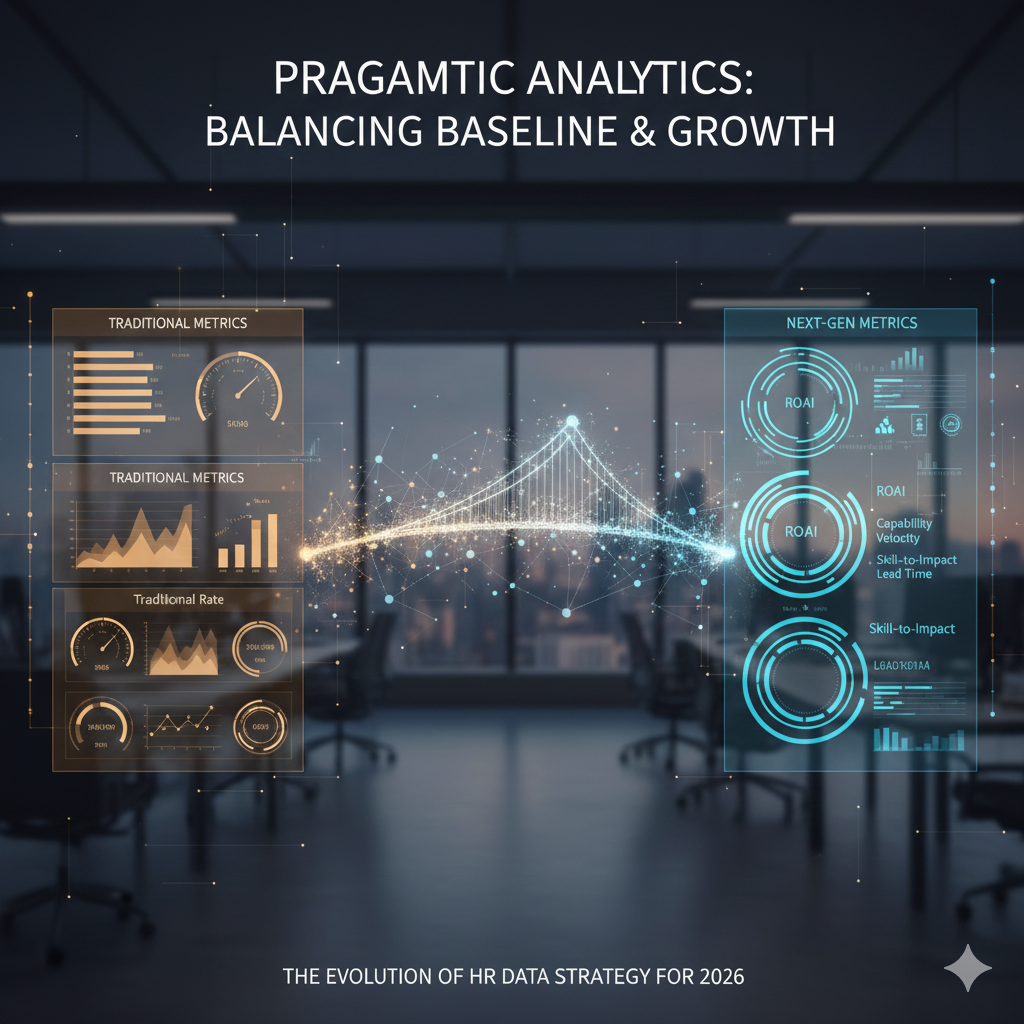
Beyond the Dashboard: Pragmatic Analytics for the 2026 Leader
True leadership in the Agentic Age isn't about choosing between the old and the new; it’s about integration. While traditional metrics like turnover and engagement remain our essential baseline, they no longer tell the whole story of performance. To lead with precision in 2026, we must layer on pragmatic indicators like ROAI and Capability Velocity. Explore how to move your analytics from a 'rearview' report to a 'real-time' orchestration of human and machine intelligence.